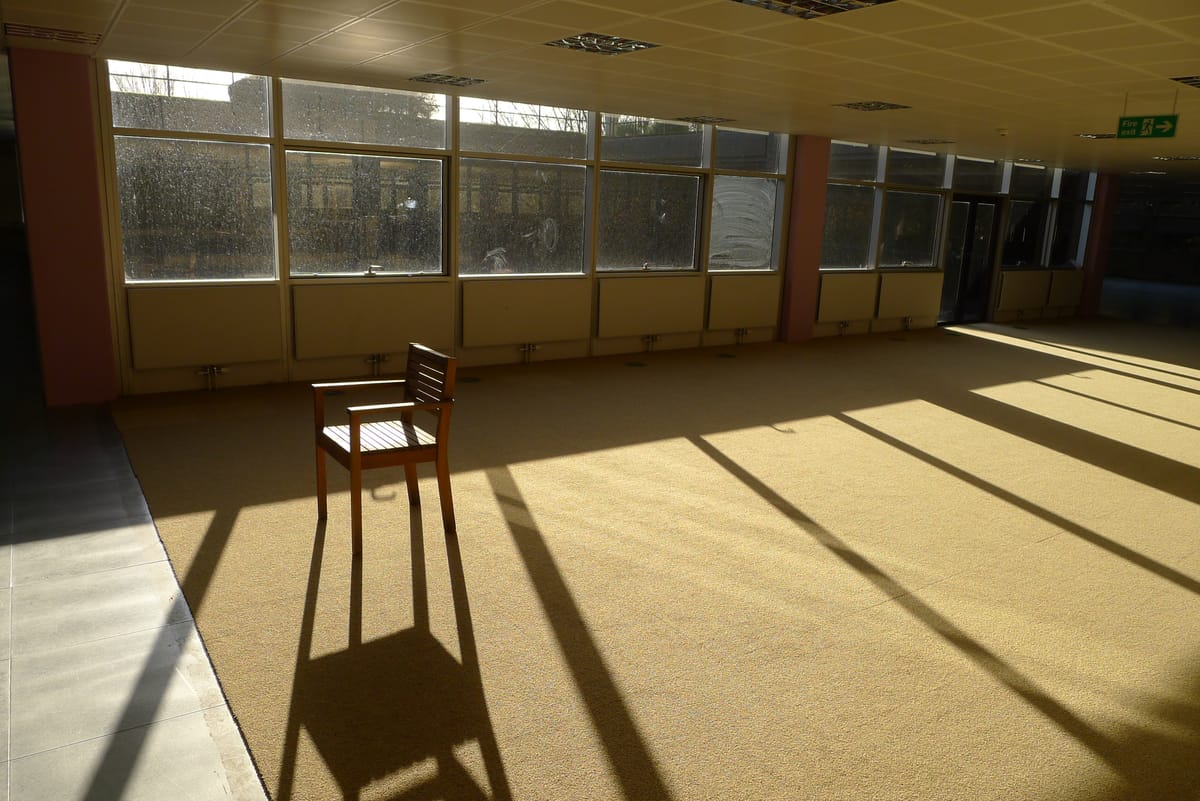
It's 2020. I am alone. Almost. The shared office block I'm sitting in is partially occupied by tenants. Actually very few at all. The weather's closing in, the sky is darkening and the rain, the oh so typical British rain, is starting to move from a drizzle to a downpour.

Sitting in the canteen is an act of courage - to sit alone, pondering whether anyone else would venture in for something to eat. Or would it just be me in the lonely shell? A shell that was once thriving when the office was at full occupancy.
As I nudged my salad around the bowl I realised this wasn’t for me. I wasn't happy. I didn't like being alone in a big office space. It wasn't what I expected my solo career to be. I’d taken a short term lease on an office unit as a home for my consulting company. And I was lonely.
When I viewed the premises before signing it was busy, thriving - full occupancy. A hotbed of Solopreneurs, small businesses, satellite teams and a shady guy in unit 15, who everyone suspected was shipping stolen goods.
On the ground floor was a Crossfit box gym. Banging house music would emanate several times daily, with Cross-fitters leaving in various states of exhaustion, some barely capable of walking. I attended a free session one week and had to take the lift everyday for 4 weeks. It was staggeringly painful. The gyms gone now.
The office was once busy, to the point where it was hit and miss whether a car parking space would reveal itself. Now, today, this week, last week, and no doubt next week, I have the choice of prime parking spots.
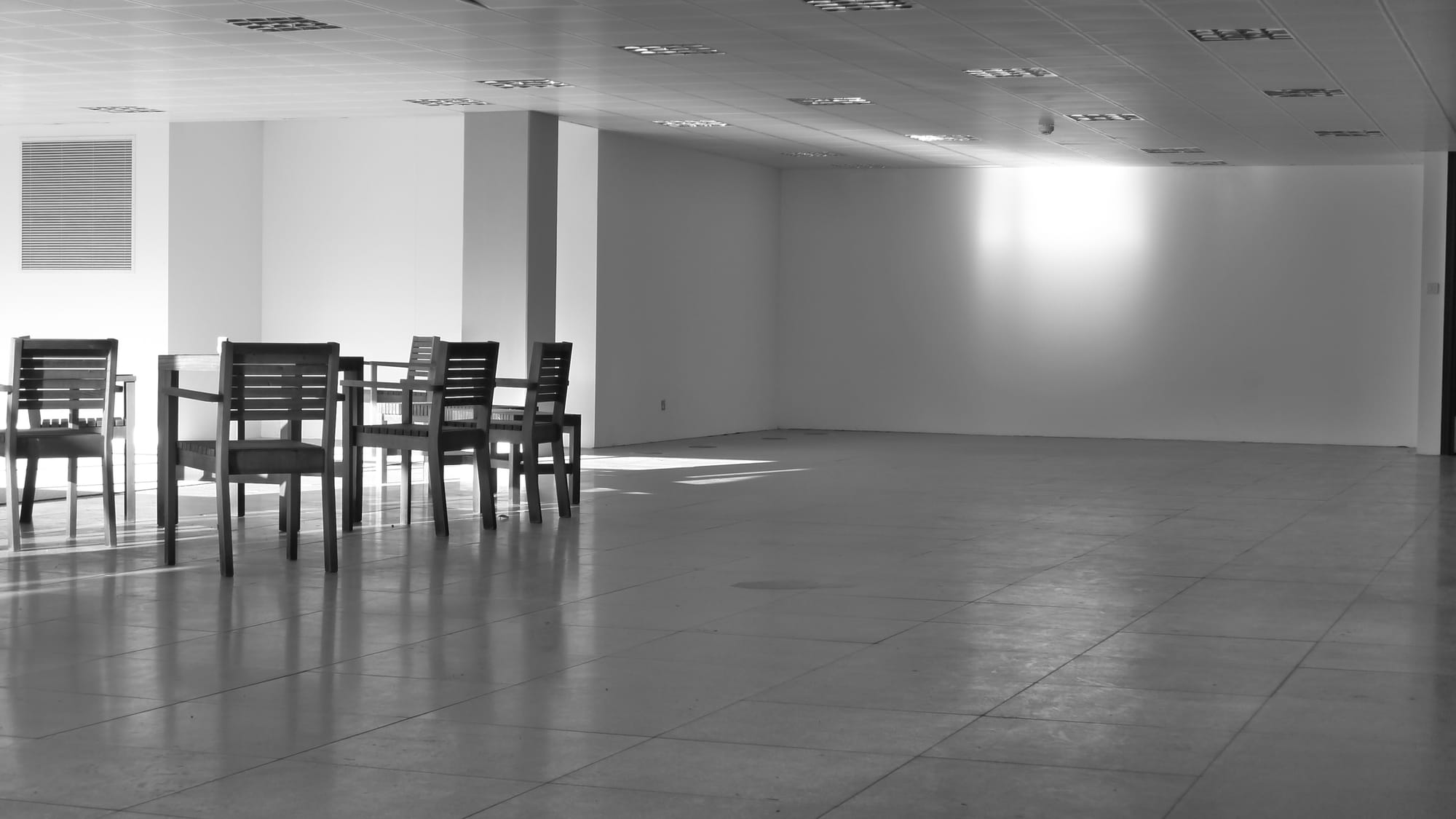
I’d like to think the exodus had nothing to do with my arrival.
One can hope I didn’t alienate all and sundry. It was more likely the economic downturn and the prospects of a global pandemic on the horizon, that caused the decline. That and the rising and falling nature of being in business.
What grabs your attention on the outside of the building is not the fading facade, nor the blacked out windows, nor the clever lighting, rather the steady and overly cluttered appearance of “to let” signs.
At first there were 4, then 9, then 17, then 28. I've lost count.
This was just one shared office building, in one small part of Winchester, in one small city, in one county, part of a much larger country.
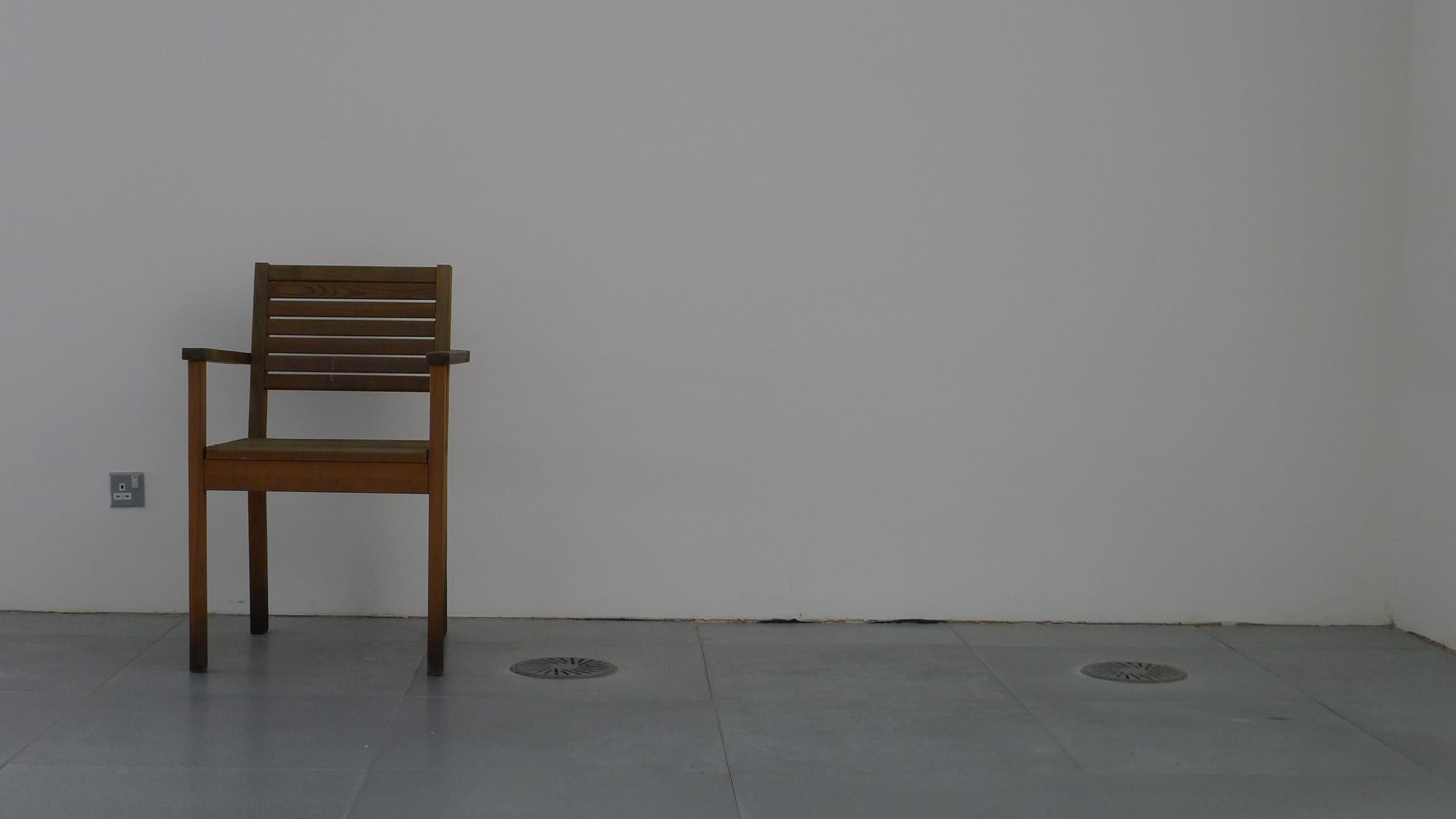
Wandering through cities (a hobby I have combined with my love of photography and noticing the world around me) brings to my attention this same story on a larger scale.
On a recent trip to Sheffield I saw the same thing.
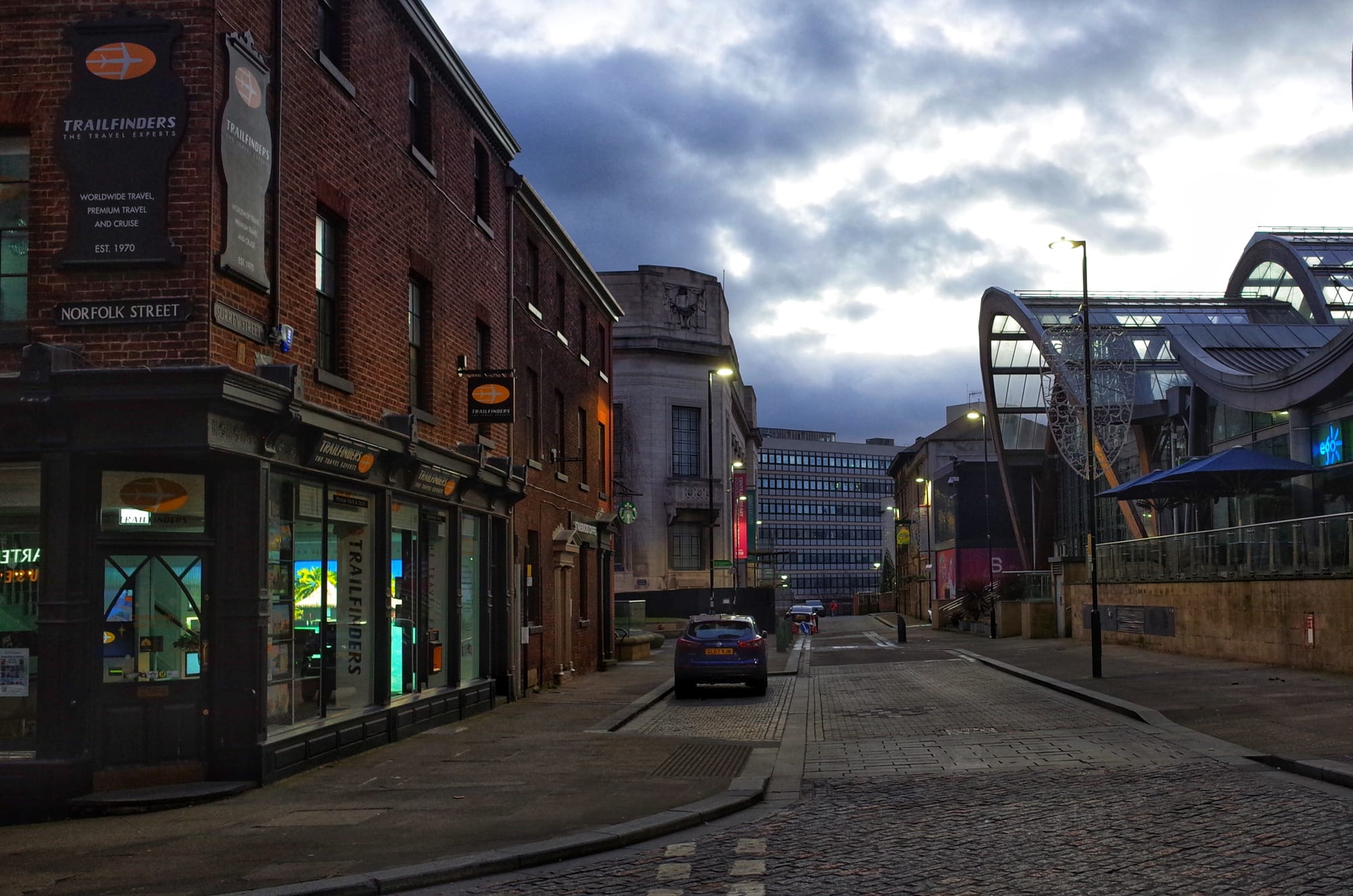
A family trip to Berlin showed that this was not just a UK problem.
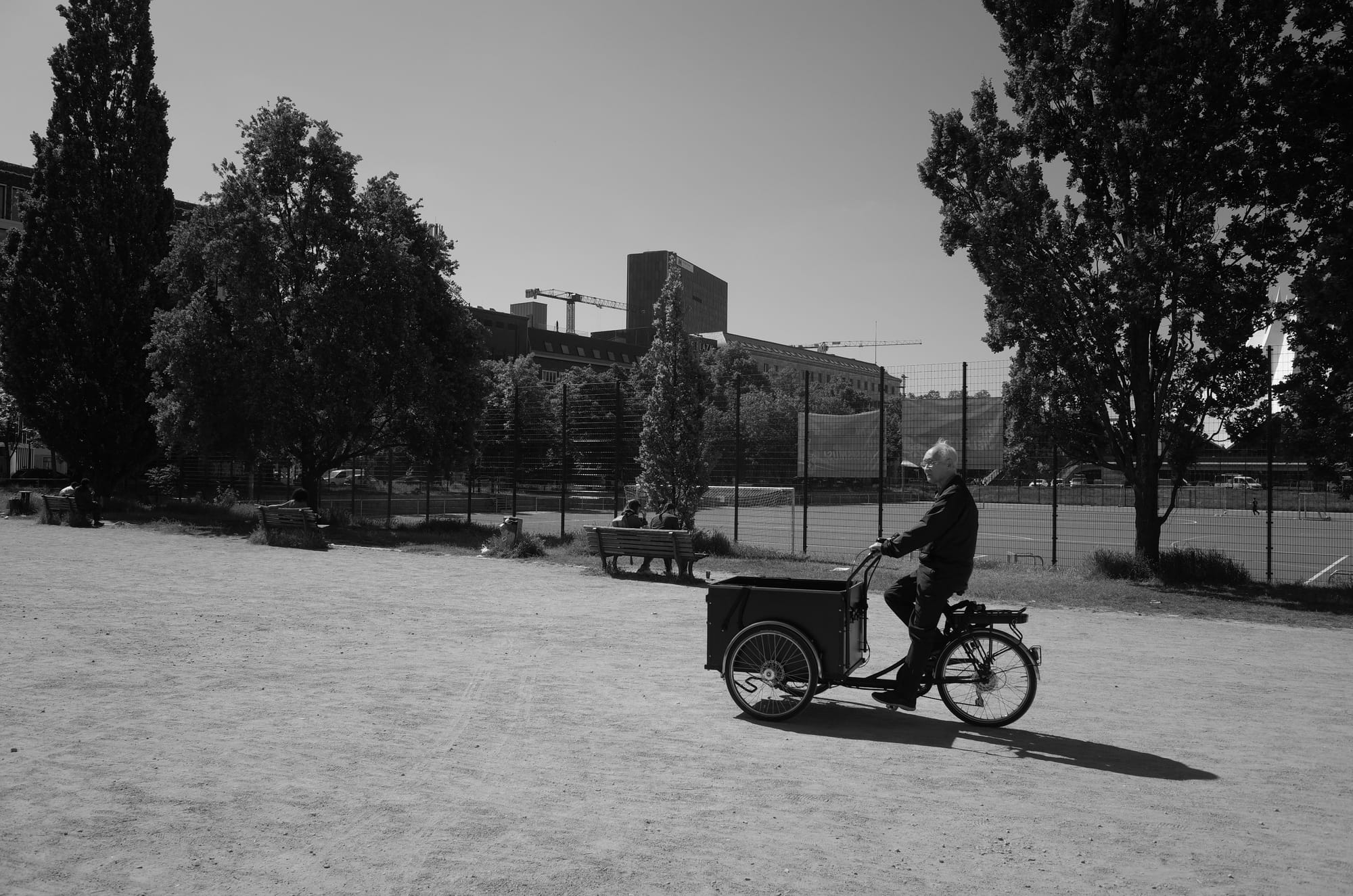
In some parts of the world office occupancy is down anywhere between 20% - 50% - that’s a staggering amount of empty, unused and unoccupied office space.
Some buildings stand totally empty, devoid of any human presence except the isolated figure of a security guard. Some buildings aren’t even blessed with that human presence. Empty, boarded up, secured, remotely watched via cameras - if they’re even working at all.
Some office buildings are graced by individuals, teams or companies on a single floor, or spread across a small portion of the floor space, the rest empty.
The reasons for this emptying of office space is varied, nuanced and, in some respects, tied specifically to certain locations.
The acceleration of remote work has seen many people choose the comfort of their own home (or coffee shop) over meeting up with colleagues in the office - and having to endure commute.
Hybrid working is becoming the norm in many sectors of the business world. The office space being full one day and deserted the next.
Some companies have ended leases on office space and have split between home and the ever growing co-working spaces, or smaller regional satellite offices. It tends to be cheaper in the long run with fewer long-term leasing commitments needed.
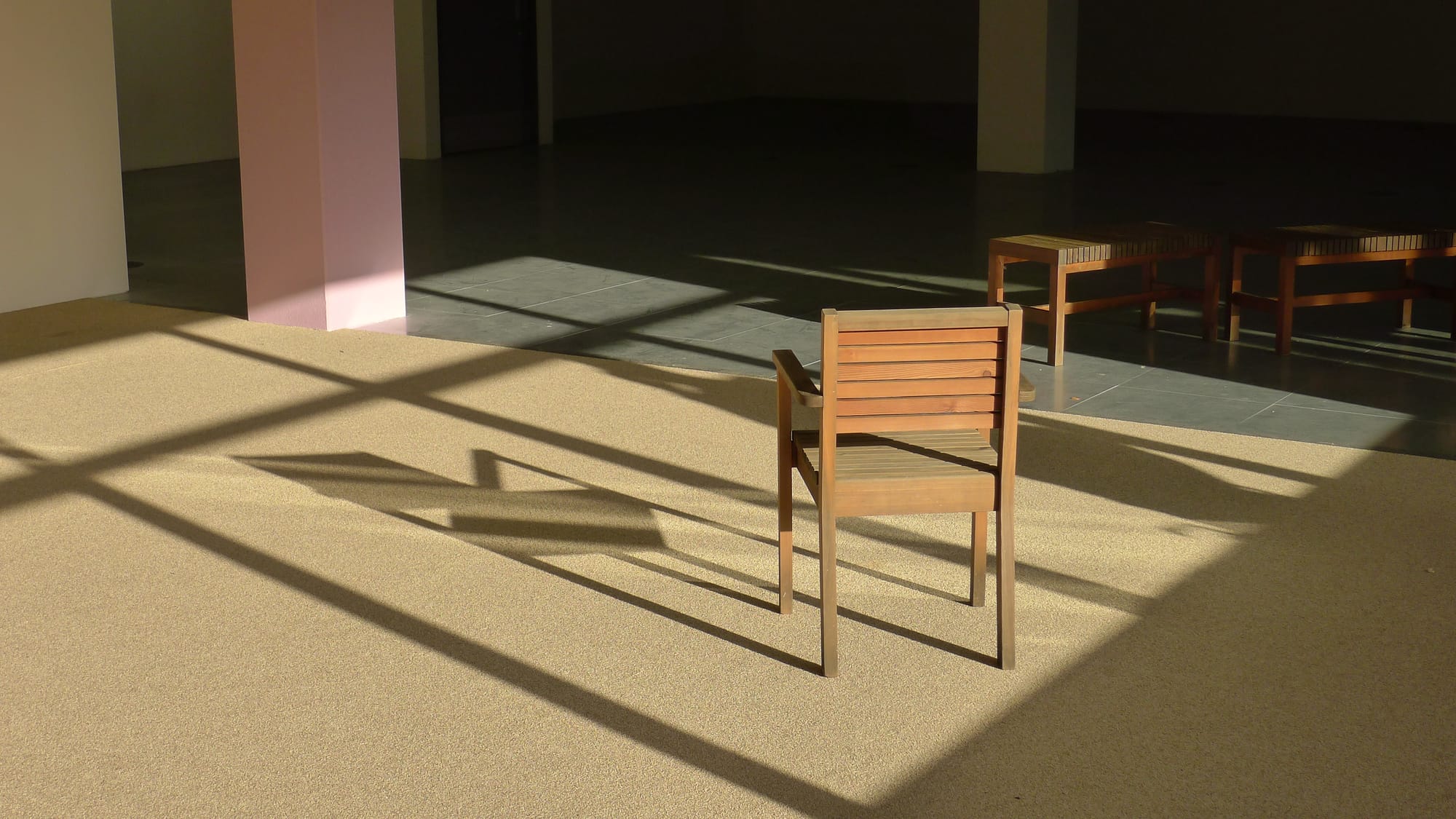
The economy is up and down. It feels like it’s been down for a while but maybe I read too many news articles. It seems clear, at the least in the UK, that we’ve yet to really get a handle on growth, inflation and the ever present conversation of whether Brexit was good or bad for us.
I grew up in the 1990s where there seemed to be a sense of national spirit galvanised around the feeling that we could do anything - that we could create, grow, dream. I pine for that spirit often. I hope my kids feel that spirit despite what the national vibe is right now.
Some councils have been shortsighted in their investment into the cities and towns. Some have hiked rates and rents to staggering levels, forcing out anyone who doesn’t need to be located within their borders - and making it harder to turn a profit for those that do. Some have neglected to engage the business community, build infrastructure to support business growth or have generally assumed everything will get back to normal. It hasn’t.
The role local councils play in growth and investment, and incentives from central Government, is a complex and intricate piece of work. It's never so simple to just "invest" in the local area business growth, when so many other aspects of running a local council are vying for attention and money. It's not a simple fix.
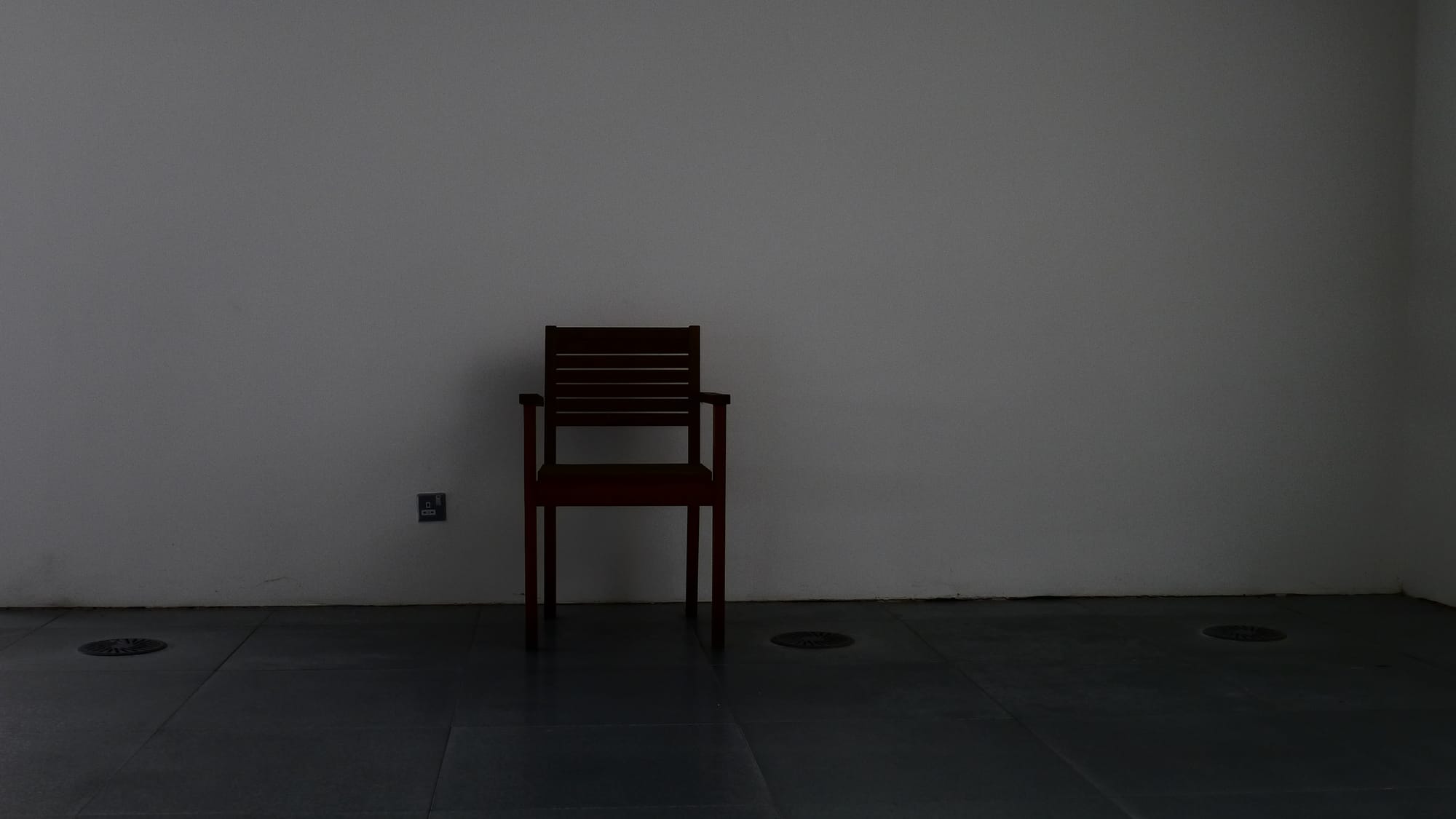
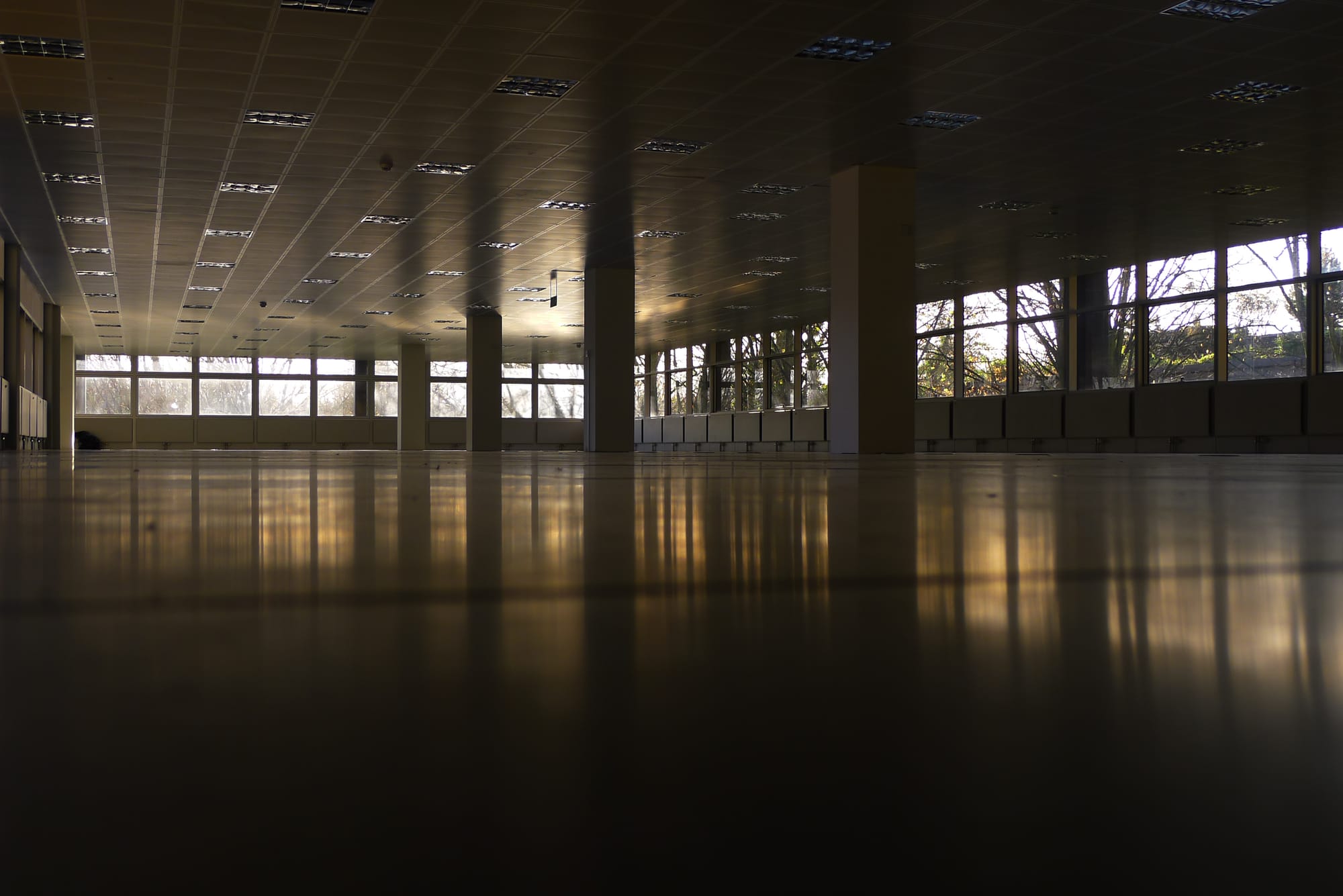
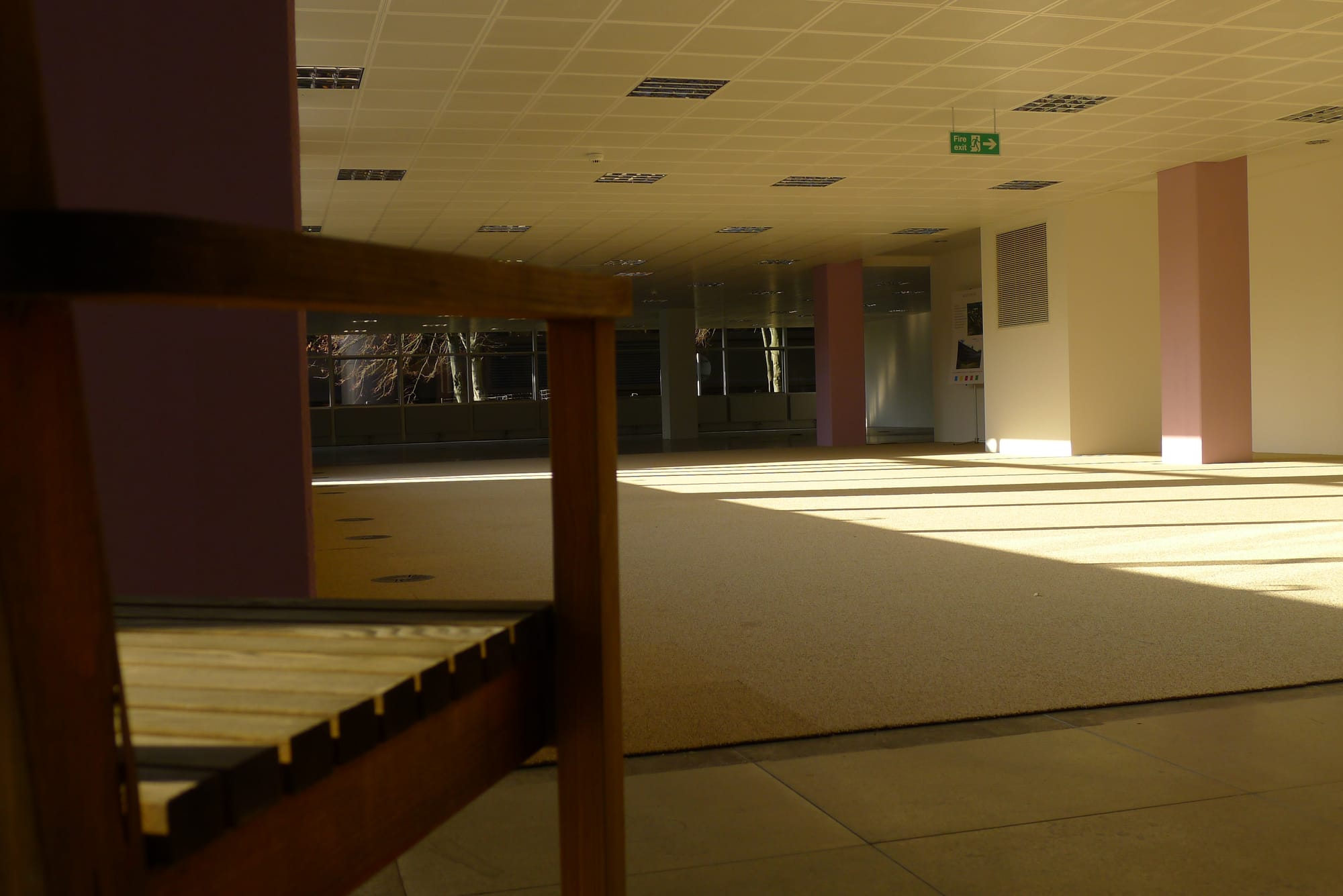


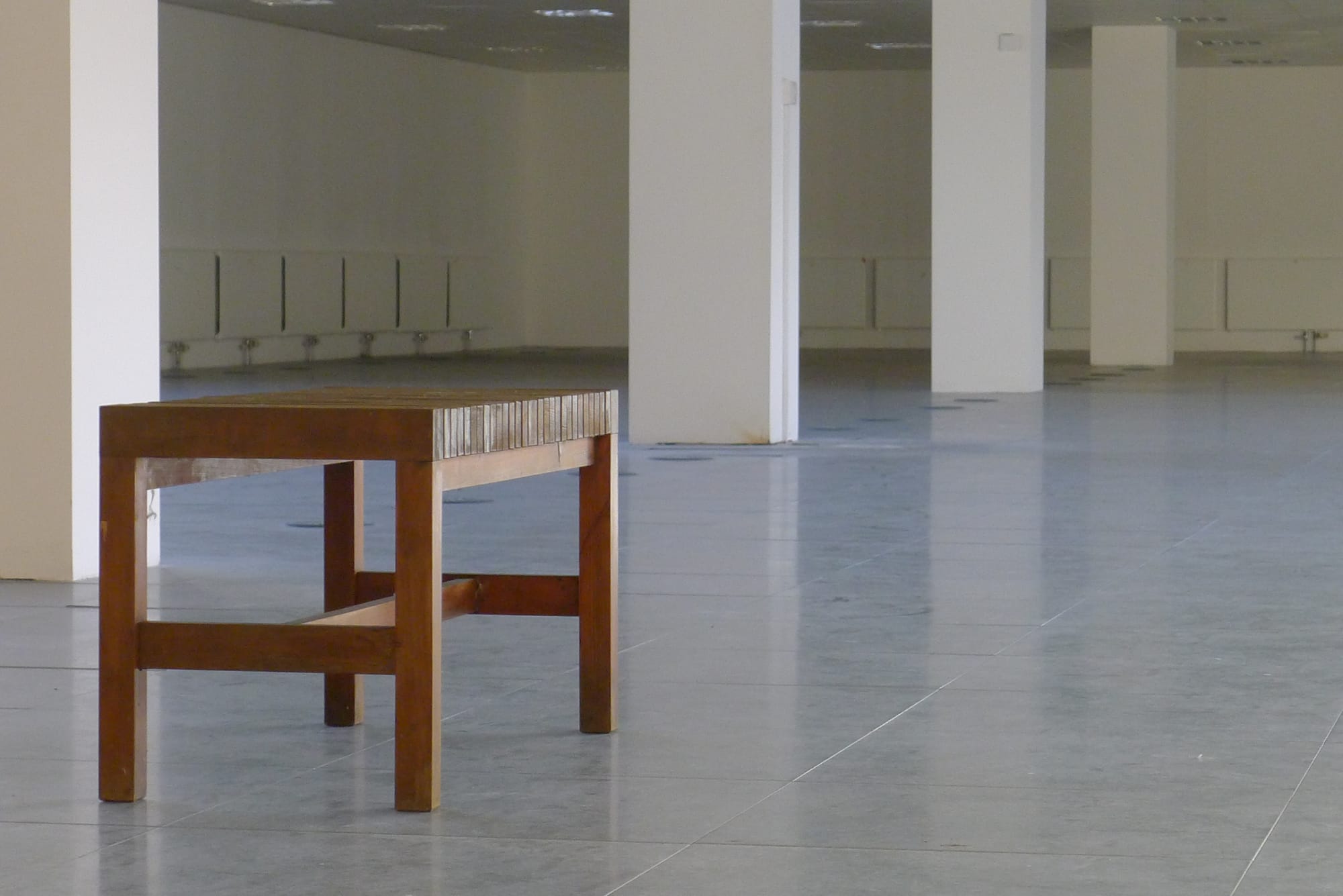
A new office hub popped up just on the outskirts of Winchester a few years back.
It looks amazing. Very modern and high tech.
It’s still empty.
Location is ok - no nearby shops or amenities, but it has good road access. It looks smart. It looks cool. No demand. Empty.
And so, we have office blocks sat empty or partially occupied.
Some of this space is well kept, safe, secure, still in a good condition - a potential good starting point for some future re-use.
Some buildings are left to decay, to rust, to degrade, to stifle, to fall back into nature's growing and guiding hands.
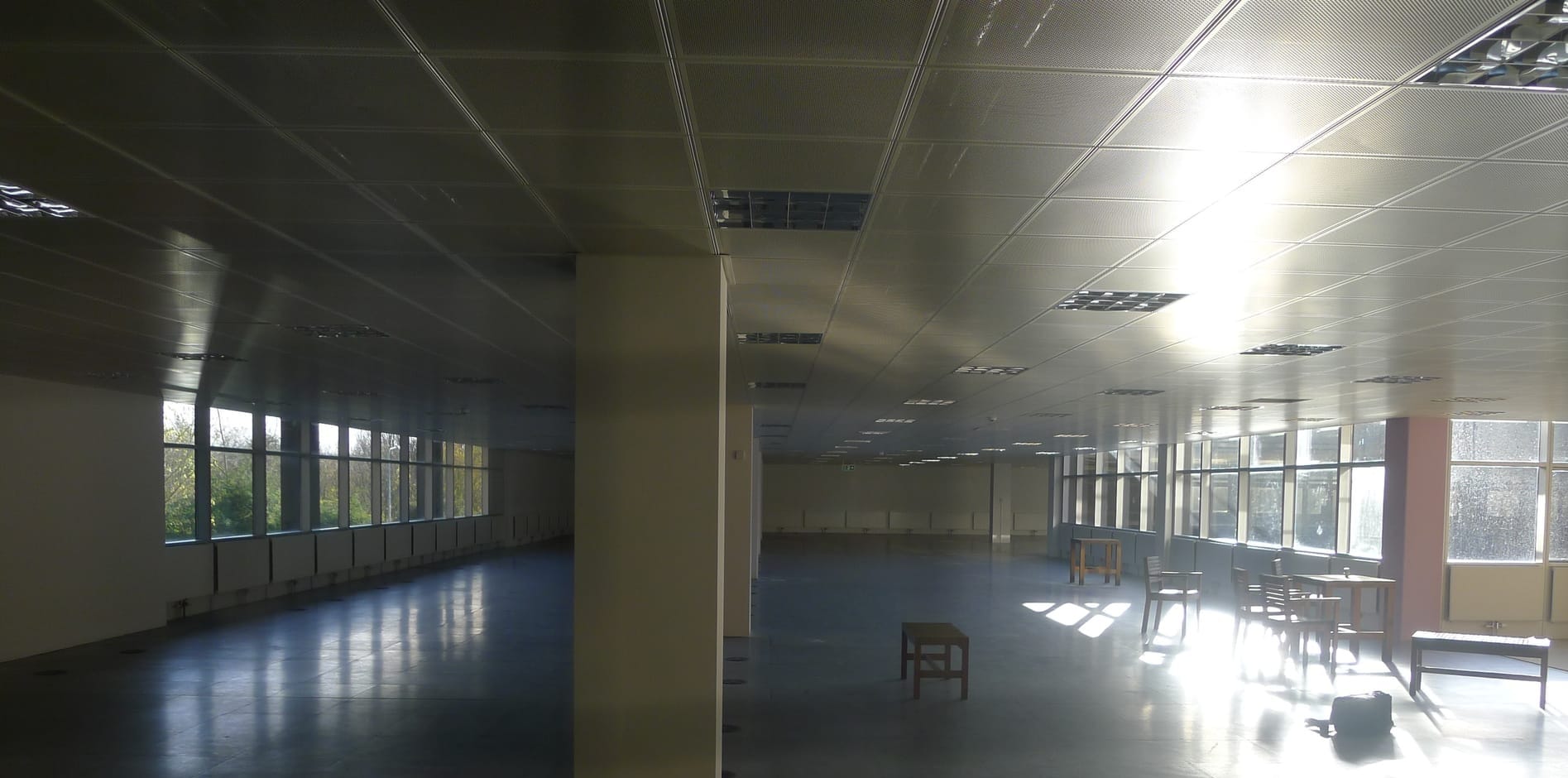
There are likely many reasons for this; insurance, cost to maintain with no revenue, investments are no longer available, dwindling demand, long leases, tax implications and a whole host of other reasons. I’m no expert in this field. But these empty buildings have ongoing costs, from depreciation, to insurance, to lost revenue. There’s surely a cost for them being empty….
And yet, paradoxically, we have a housing crisis. People can’t find anywhere to live.
We're also seeing a move away from community centres, shopping, and leisure activities in towns and cities, to out of town shopping malls and superstores.
I often trundle through old photos of Sheffield (my birth city) and Winchester (my current city of choice) and see a vibrant, busy and communal city.
It wasn't all roses and unicorns for sure, but cities and towns felt like they were places to go, places to see people, places to shop, places to work. We use zoom now. Or shopping centres. Or supermarkets. Or Amazon. High business rates isn't helping either, one would imagine.

It’s not just business owners that are affected by the emptying of office spaces. The local community has less footfall for local businesses like cafes and shops. Wander most towns and cities and it’s not uncommon to find empty unit after empty unit.
The emptiness can create a stark landscape for locals. The councils lose out on rates and other revenues. And the people who work in these spaces may be impacted by the lack of human interaction and loneliness. Our cities and towns, where once were busy and bustling shops and offices, are slowly emptying.
It may all sound a little depressing but in this black cloud of decay is hope, positivity and inspiration.
Could we reuse or repurpose these buildings?
Could we open up more areas for community and collaboration? Could we do something to bring people back into cities and towns? Could we help people feel less lonely and isolated?
I think we could. I don’t necessarily know how.
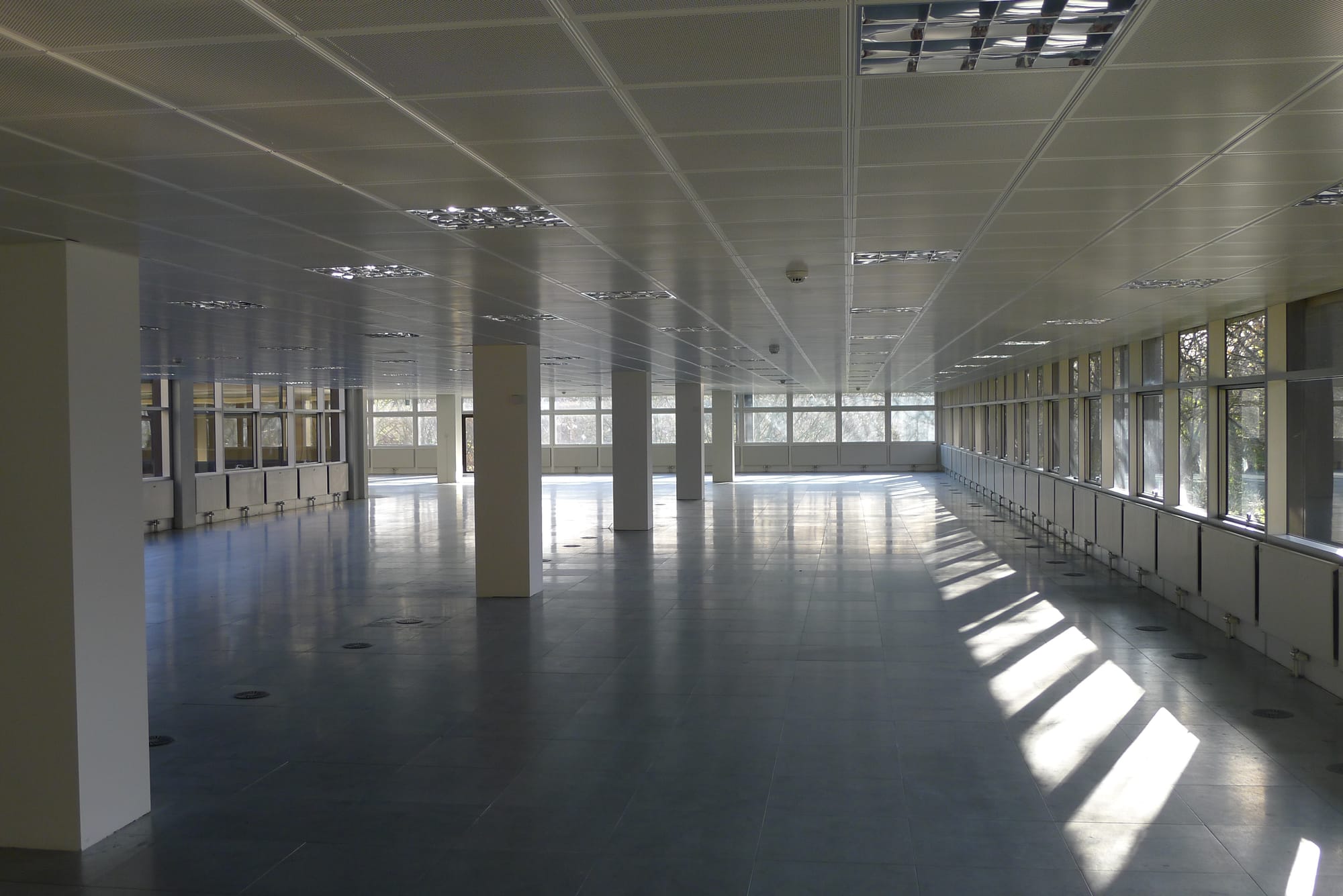
I’m not proposing any answers, or a plan, or a business case. I’m just pondering the possibility.
I lack the capital to invest and have a go at changing this. I lack the political drive to support the council. But I do notice things, and I have ideas. And I can’t help but wonder what could be done. And I felt compelled to write this essay.
The good news is plenty of work is under way by councils, the Government, community groups and investors to address attracting businesses, re-use of assets (building and land etc) and deliver on their promises to local residents.
There's lots of good work. And some good policies on reuse of buildings, multi-use buildings and Government funding to investigate possibilities for town councils to explore how to rejuvenate their towns.
Plenty is being done. This is a bright star.
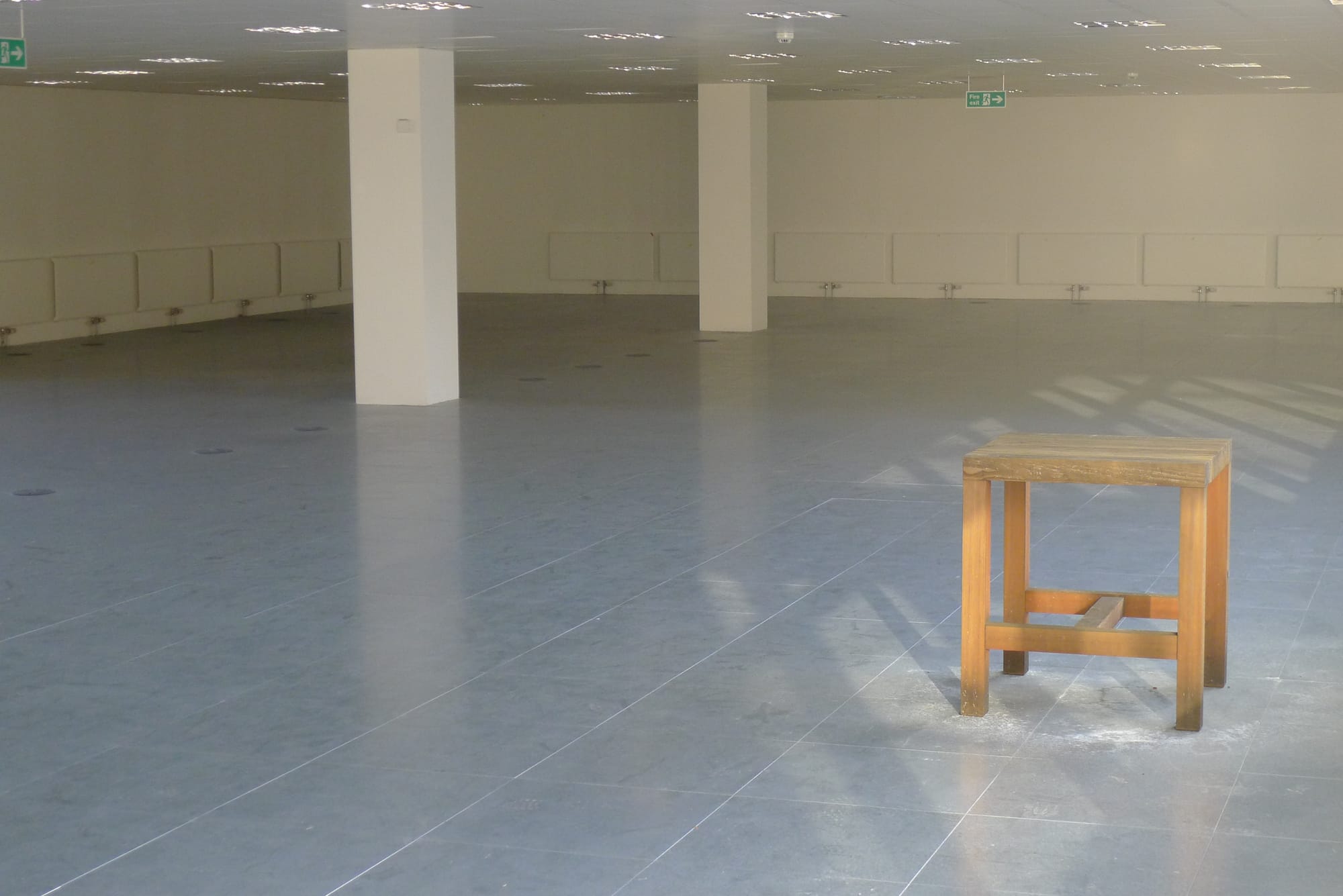
I've heard from business owners who are turning empty space in their office into fitness centres, collaboration spaces, wellness zones, quiet spaces, hot desks, games rooms and the like.
Some, depending on the contract, are subletting the empty space in their building to other companies.
In Berlin there are entrepreneurs converting old office buildings and factories into houses to address the housing challenges in the city. This feels like a wonderful solution - and there are examples of this happening in many countries, including the UK.
The infrastructure (building) is there already. It makes sense to reuse it.
Sure, there will be fire and safety concerns to deal with, permissions and planning and refit costs to boot. Maybe it’s too hard and expensive to do this at scale, but imagine the life some cities and towns would see with decent housing popping up. It’s working in Berlin. It's just got to be more financially viable.
Some landlords/owners are giving away, or offering cheap leases, for street level units to be used as cafes, stores, pop-up shops, exhibitions and child care.
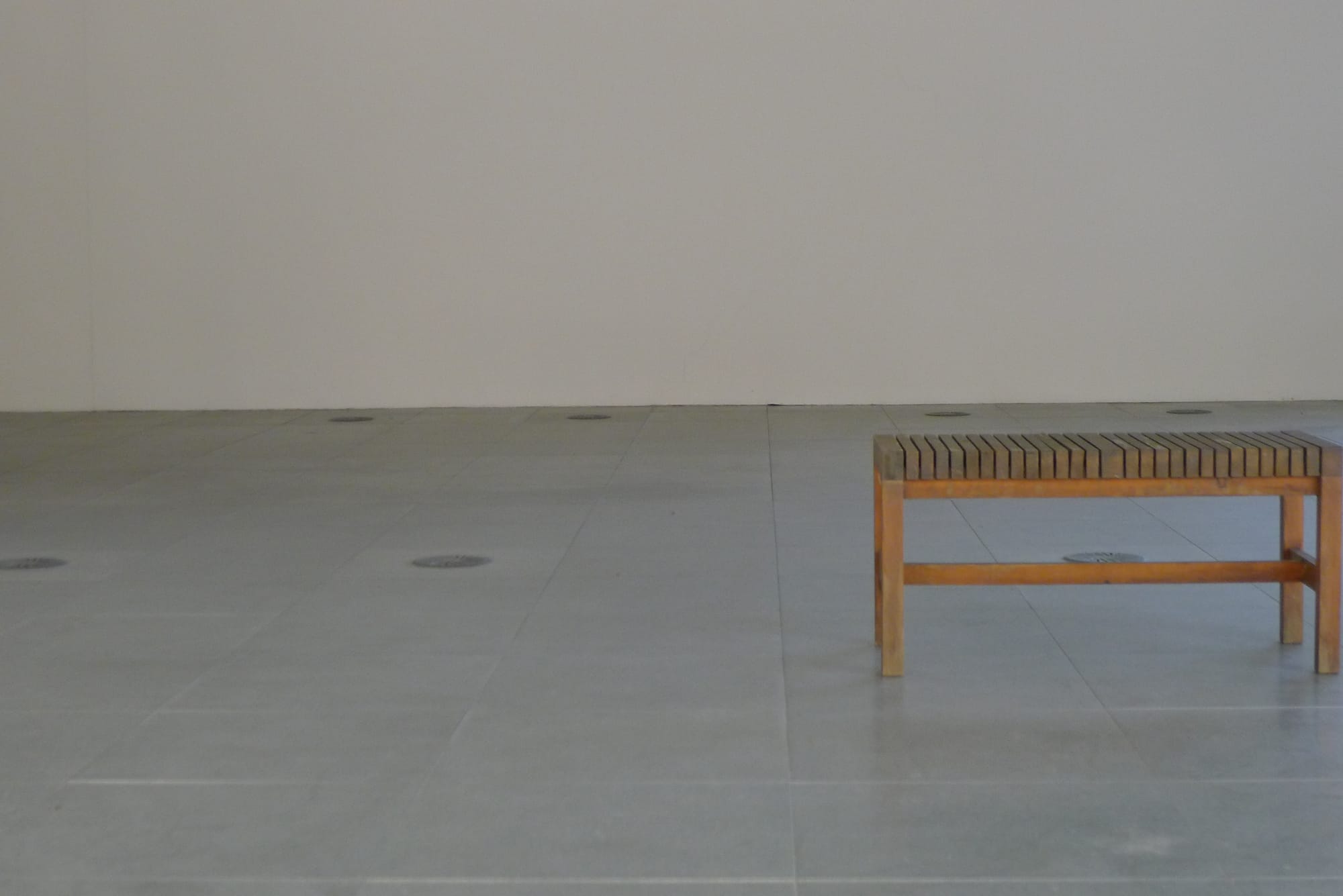
In Berlin I saw an office block where this was happening.
The street level had been converted to a chic looking cafe complete with a bakery. The floors above were now meeting and conference facilities. Some upper floors looked like they were now innovation centres for tech folk to find the next great startup.
In another building in Sheffield, an office block had been turned into an arts centre with cool spaces for artists to rent out.
It’s not just office blocks either, factories are often turned into housing, or multifunction buildings with office space, shops and meeting rooms all in the one place.
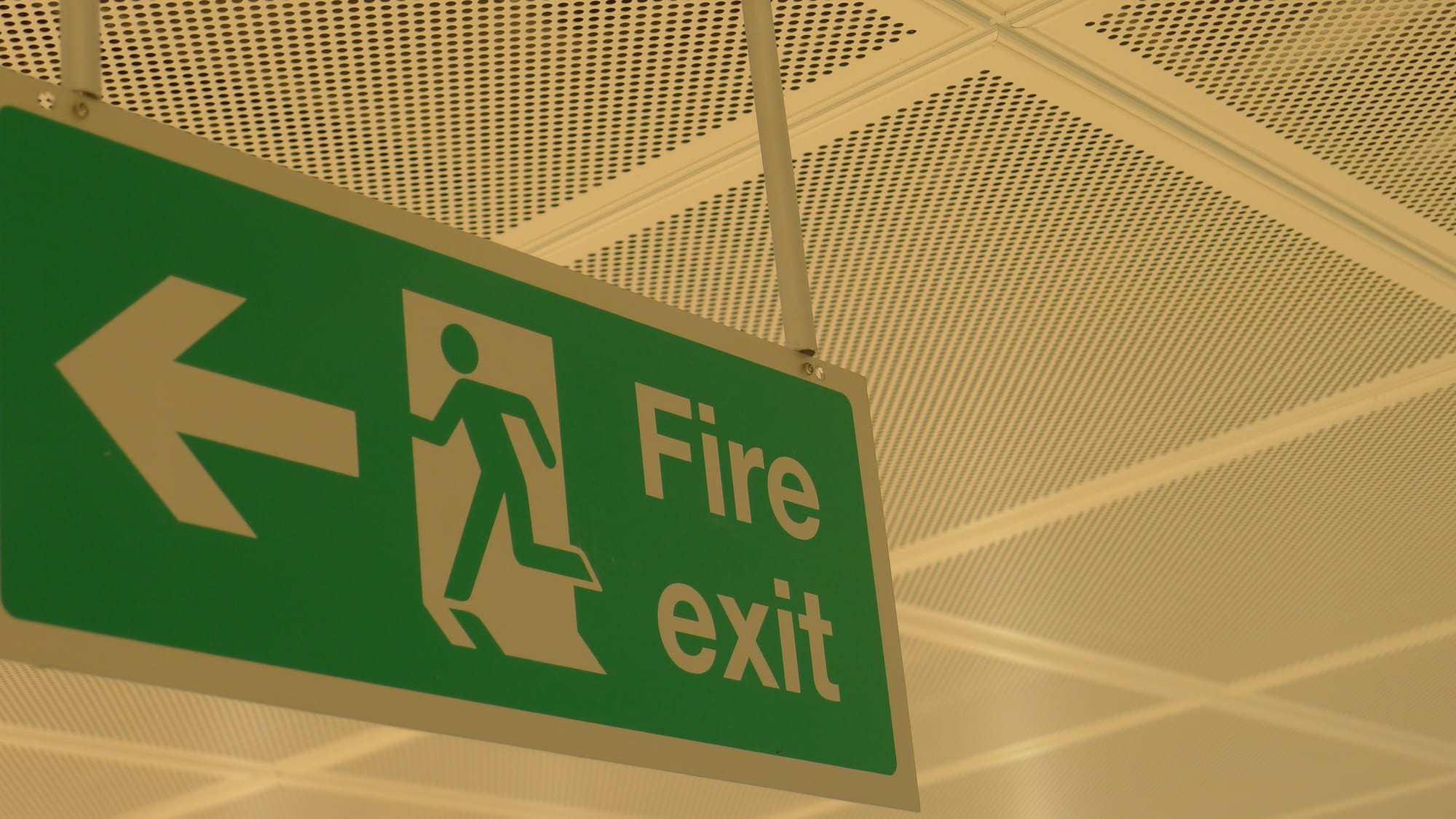
Other previously empty office units are being turned into fitness centres and spaces for individuals to run yoga and other community classes. In Winchester there are a myriad of pop-up shops springing up in abandoned shop units.
I was sent an email by a letting agent about a wonderful new apartment in Winchester on the high street. I wasn't looking but the timing of the spam was impeccable, as I was drafting this essay.
It looks stunning - and I suddenly realised it used to be an office unit occupied by a company I did a talk for years ago. I hope my talk didn’t lead to their demise. (It didn’t - they relocated to Southampton after Winchester council put the rates up to staggering levels).
In London I noticed one office block being converted to housing - no doubt many hurdles cleared by the developers for that. It kind of makes sense to convert to housing - the basic building is already there.
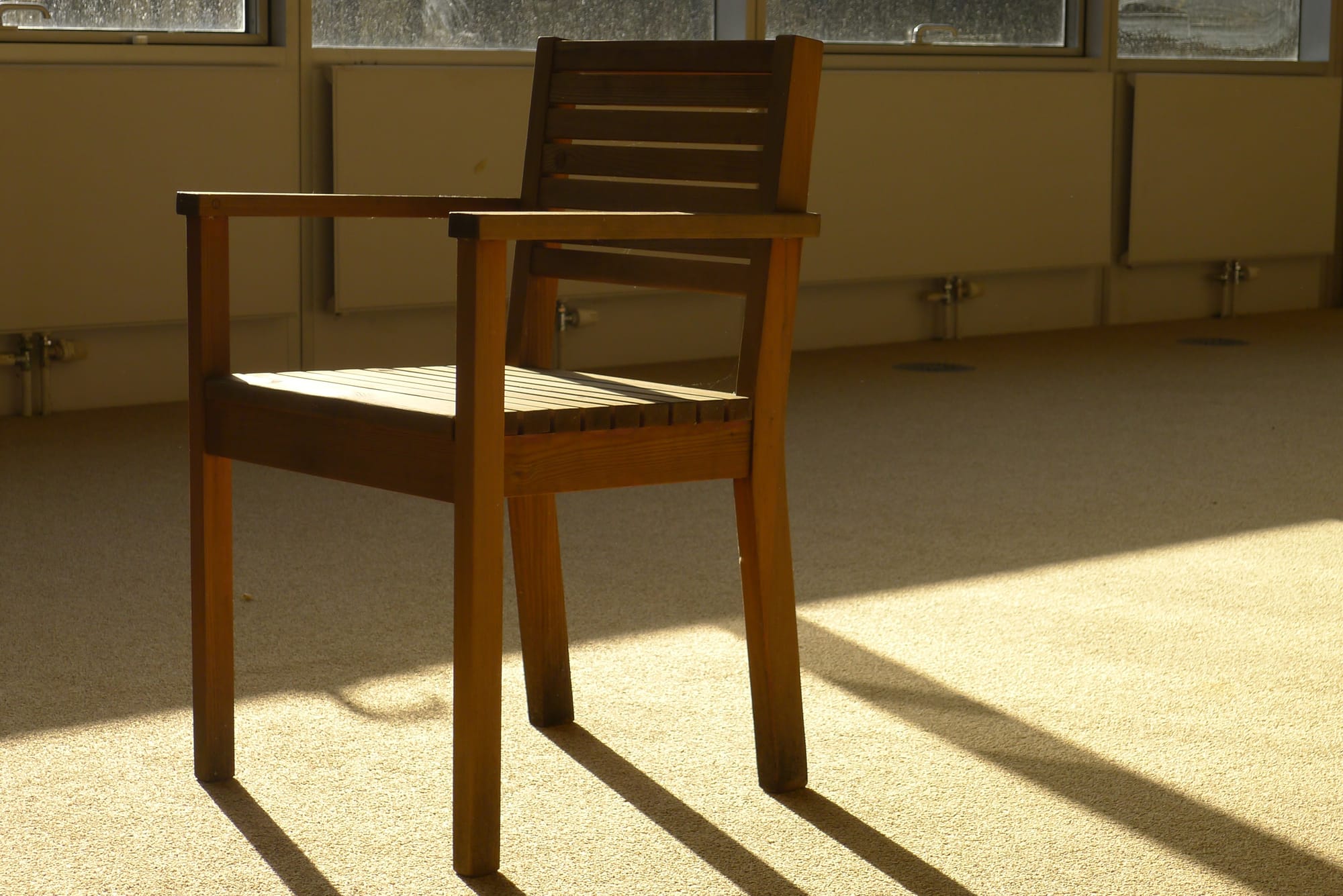
How about homeless shelters, spaces for charities to host community fund raising events, storage units, indoor greenhouses, co-working spaces, art centres, learning centres, events hubs? There are plenty of opportunities. And no doubt there are plenty of developers, councils and entrepreneurs looking at how to reuse empty spaces, and make a profit doing so. We need this.
Left to decay with no clear path for reuse offers an interesting future. One would think that after the decay has set in, it’s going to cost more to bring the space and building back to life - seems shortsighted to not do something about that now.
In Basingstoke there was an empty office space that was used by the local police for hostage simulation activities. It was so decrepit and derelict that I often pondered how unsafe it was for these law enforcing folk.
A year later, after several burned out cars were removed, it was demolished. It's now empty space, given over the nature. A good use maybe.
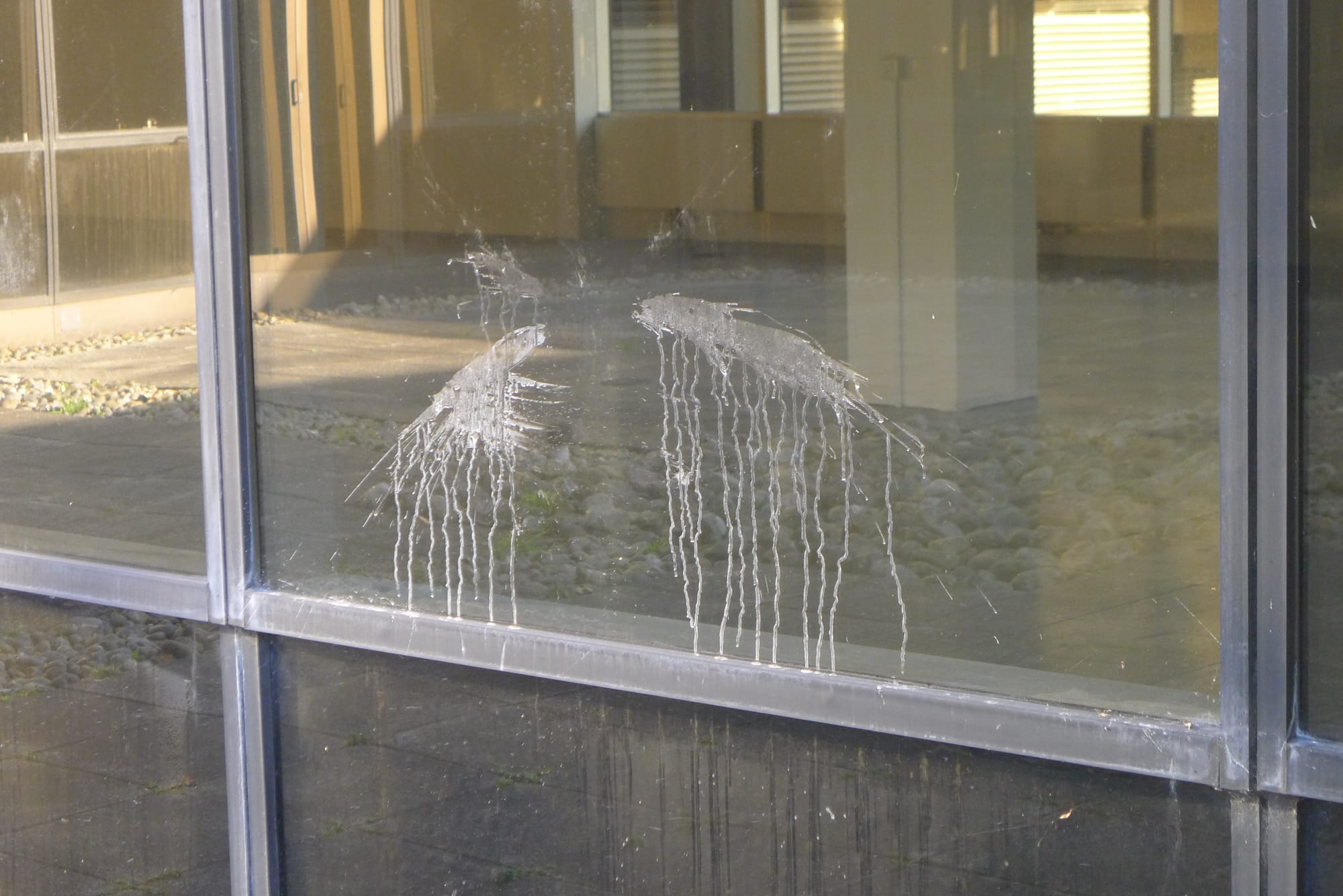
With more employees working from home it's natural for business owners to consolidate office space by closing satellite offices and seriously considering the financial implication of renewing any leases on large office spaces.
In Winchester, and many cities in the UK, there are a growing number of co-working spaces, satisfying the needs of individuals and small teams. A communal place to stave off loneliness and isolation but with pricing models and rental lengths that avoid financial overcommitment. I do wonder whether this is the future of office work for many people?
Of course, there will always be big enough companies that need big enough office spaces. But even here it’s likely that hybrid working, if possible, will mean they have smaller, or fewer, offices in the future.

There’s also the rise of garden studios (I built one rather than renting a small unit in an emptying office), as well as people extending houses to build study rooms.
We're becoming distributed across various landscapes, buildings and locations. This feels like progress, but then I see the rise in loneliness and wonder whether it's really a good thing. Only time will tell.
And so we have a growing number of office buildings sitting empty, yet to find their second life or willing occupants.
Do we continue to let them decay and fester, hoping for a return to the office and economic growth to fuel growing companies?
Demolish them and give the space back to nature?
Or repurpose with the goal to bring life back to an empty shell and establish a vibrant community of human interaction within, and around, them?
Or a combination of all?
I vote for nature, or re-use, I just need to work out what role I can play in that.
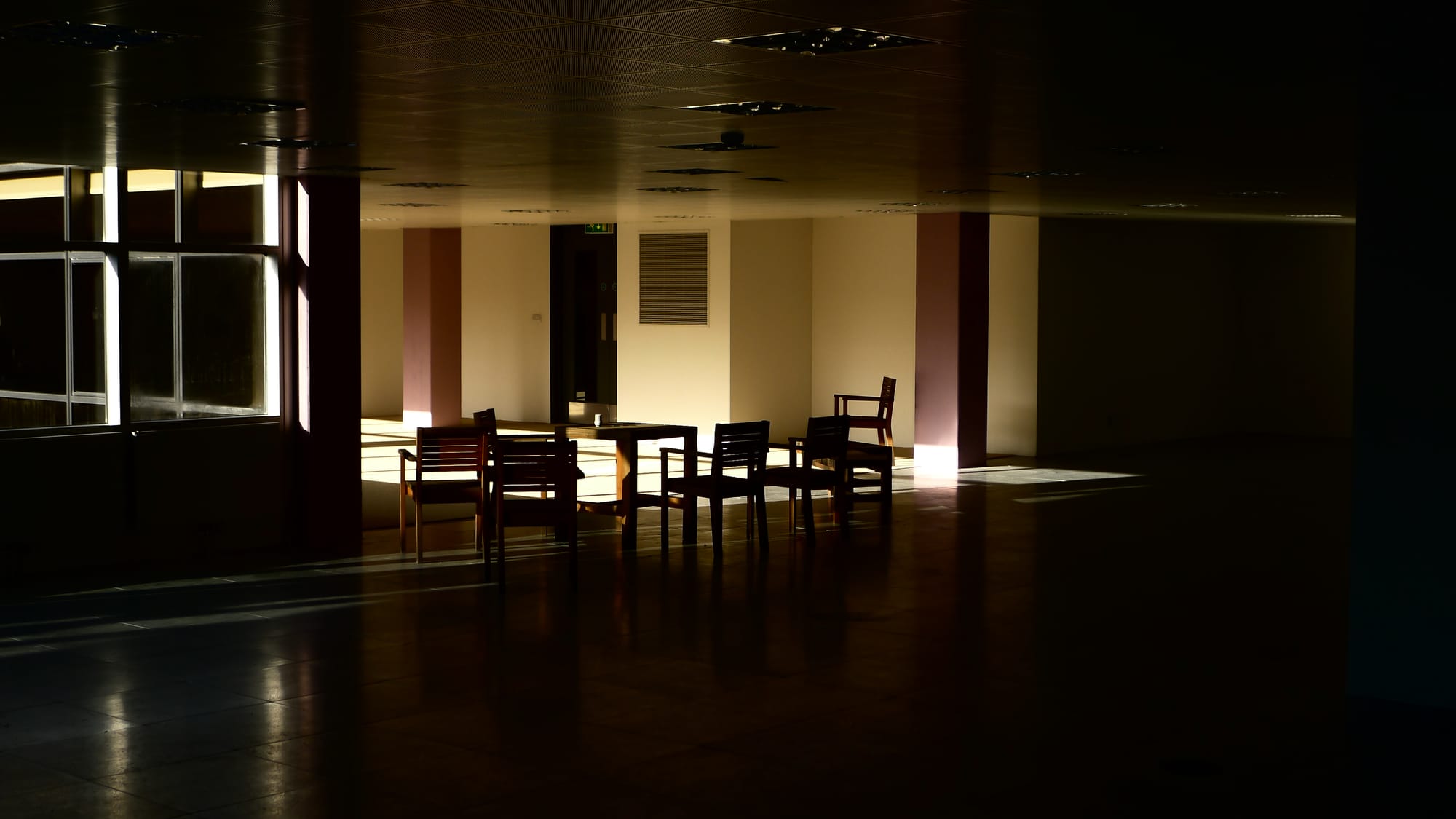
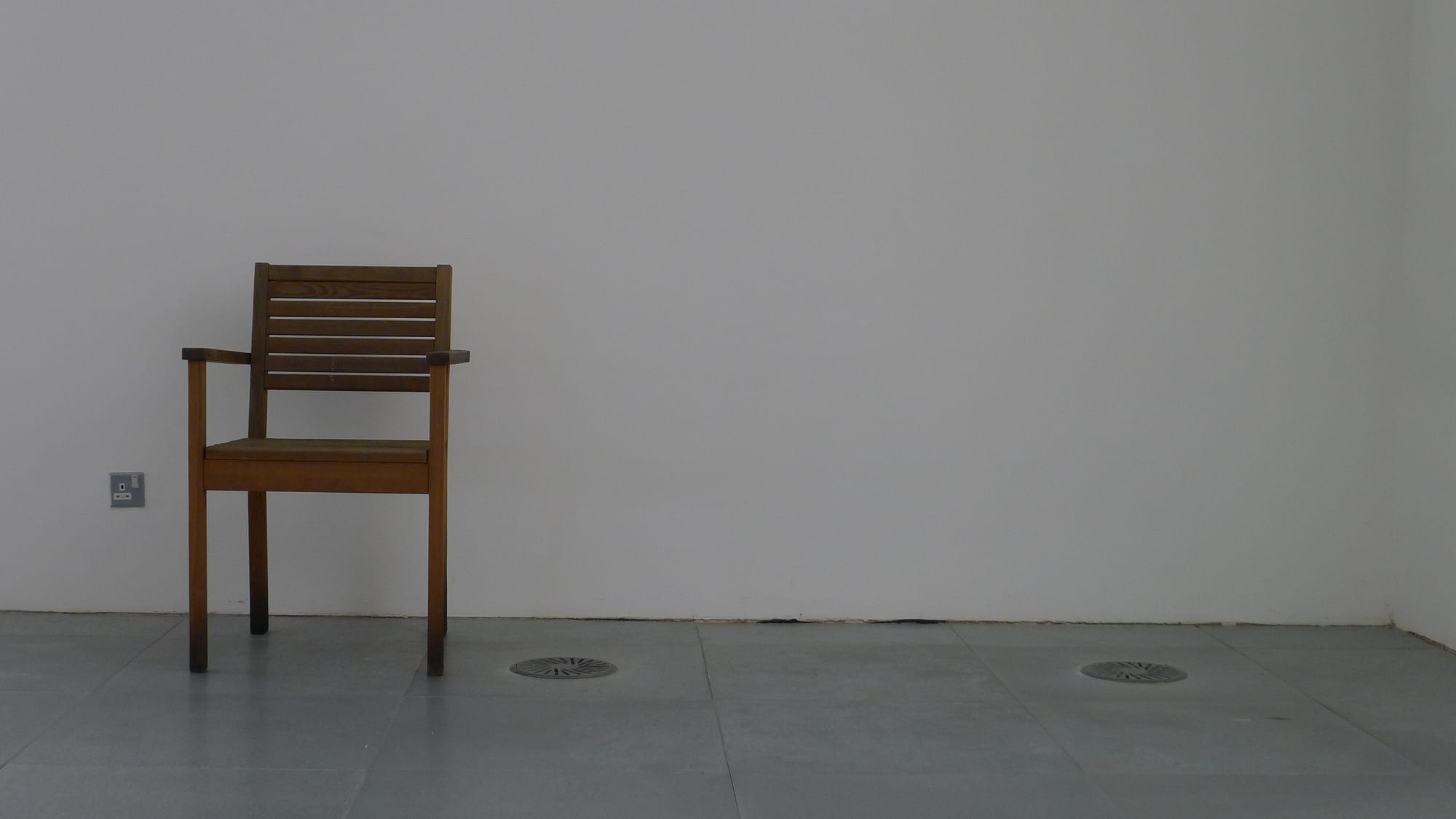
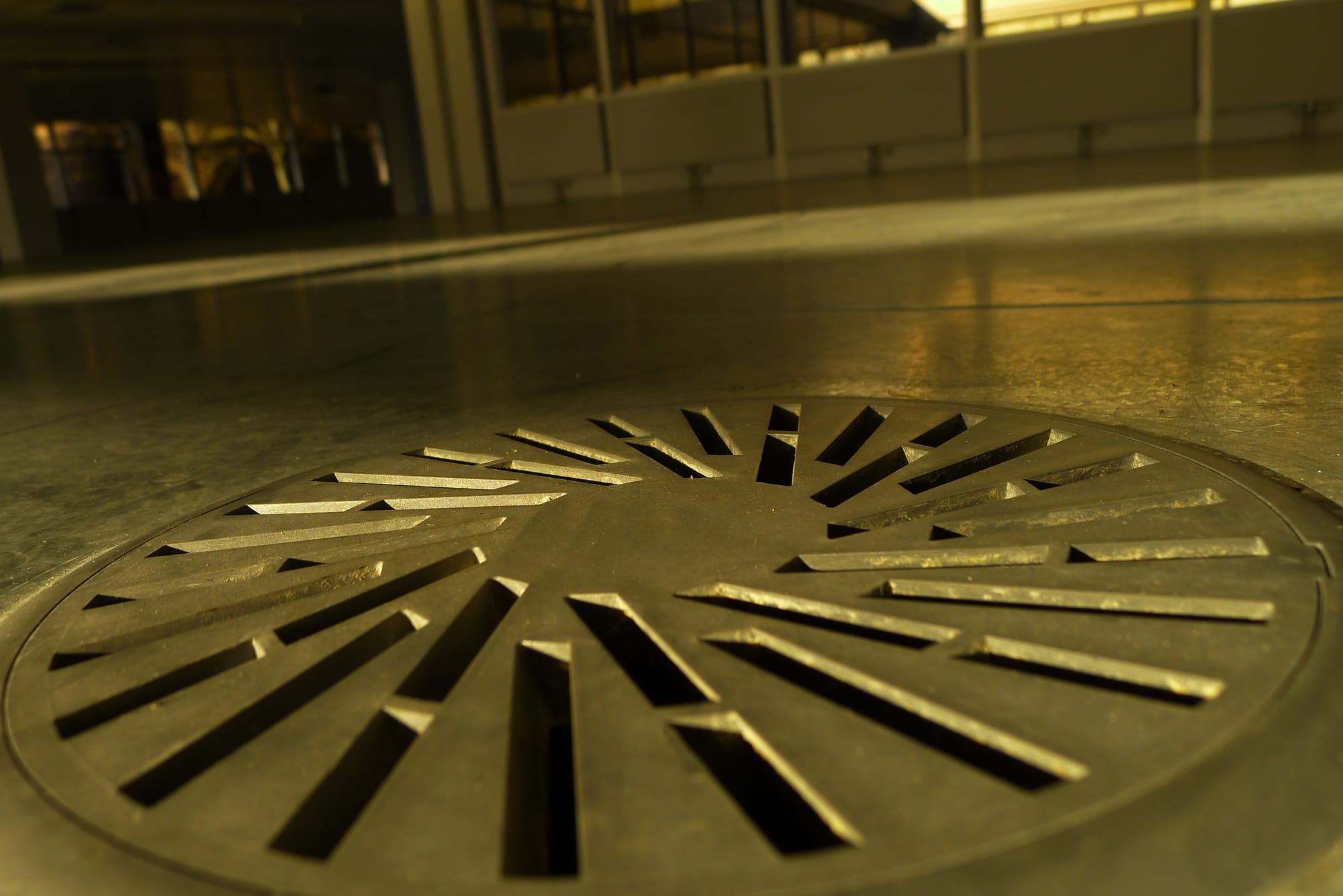
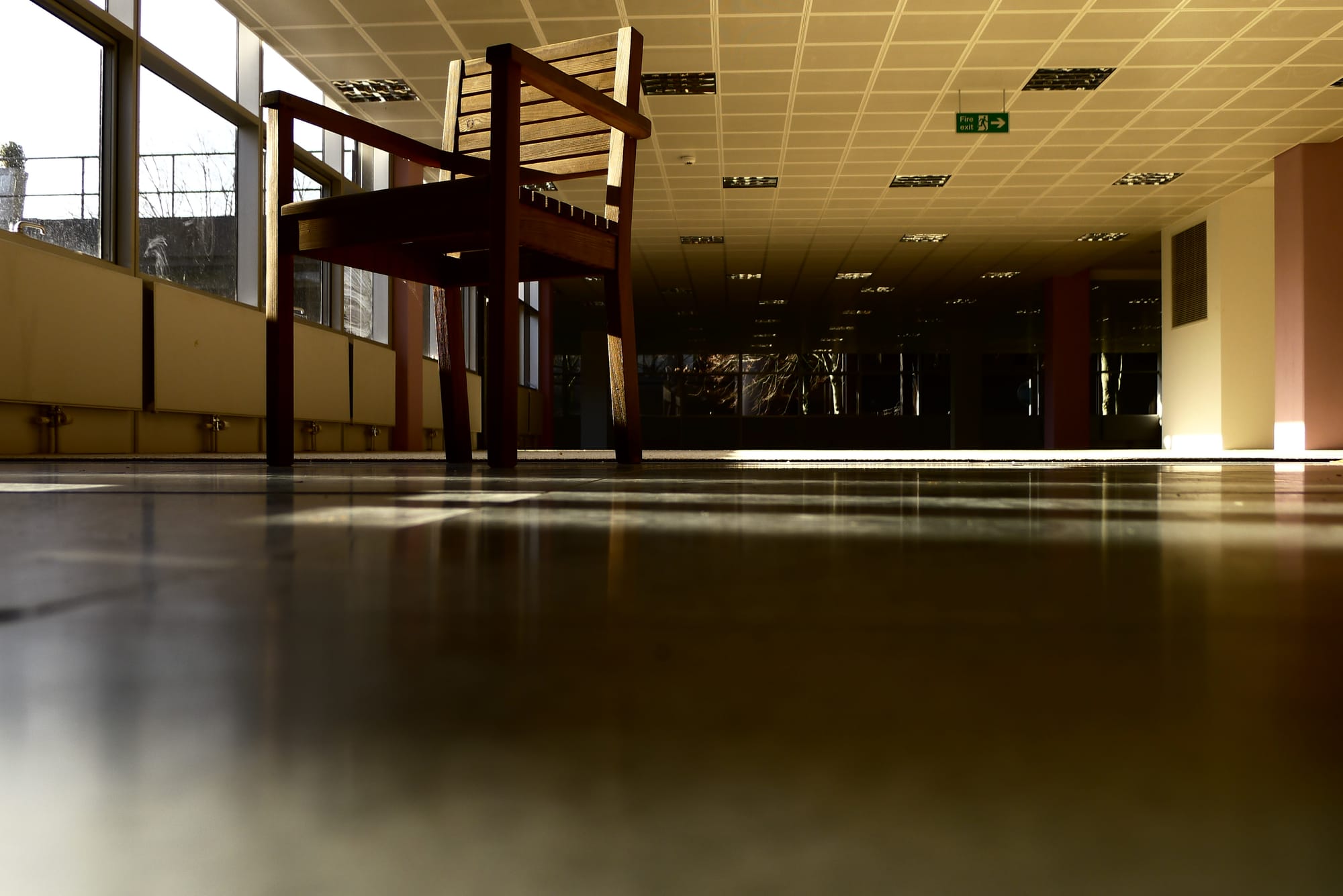
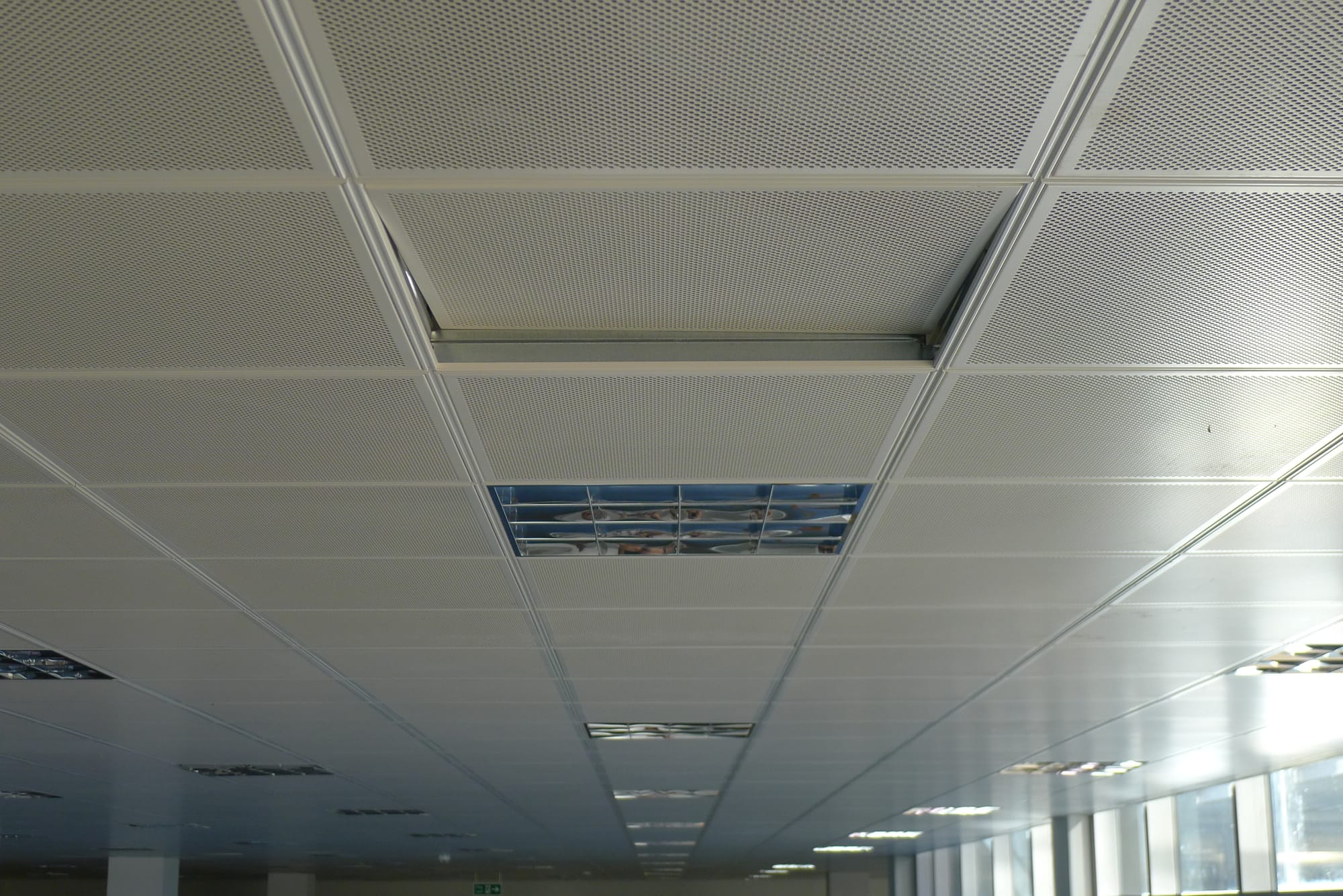
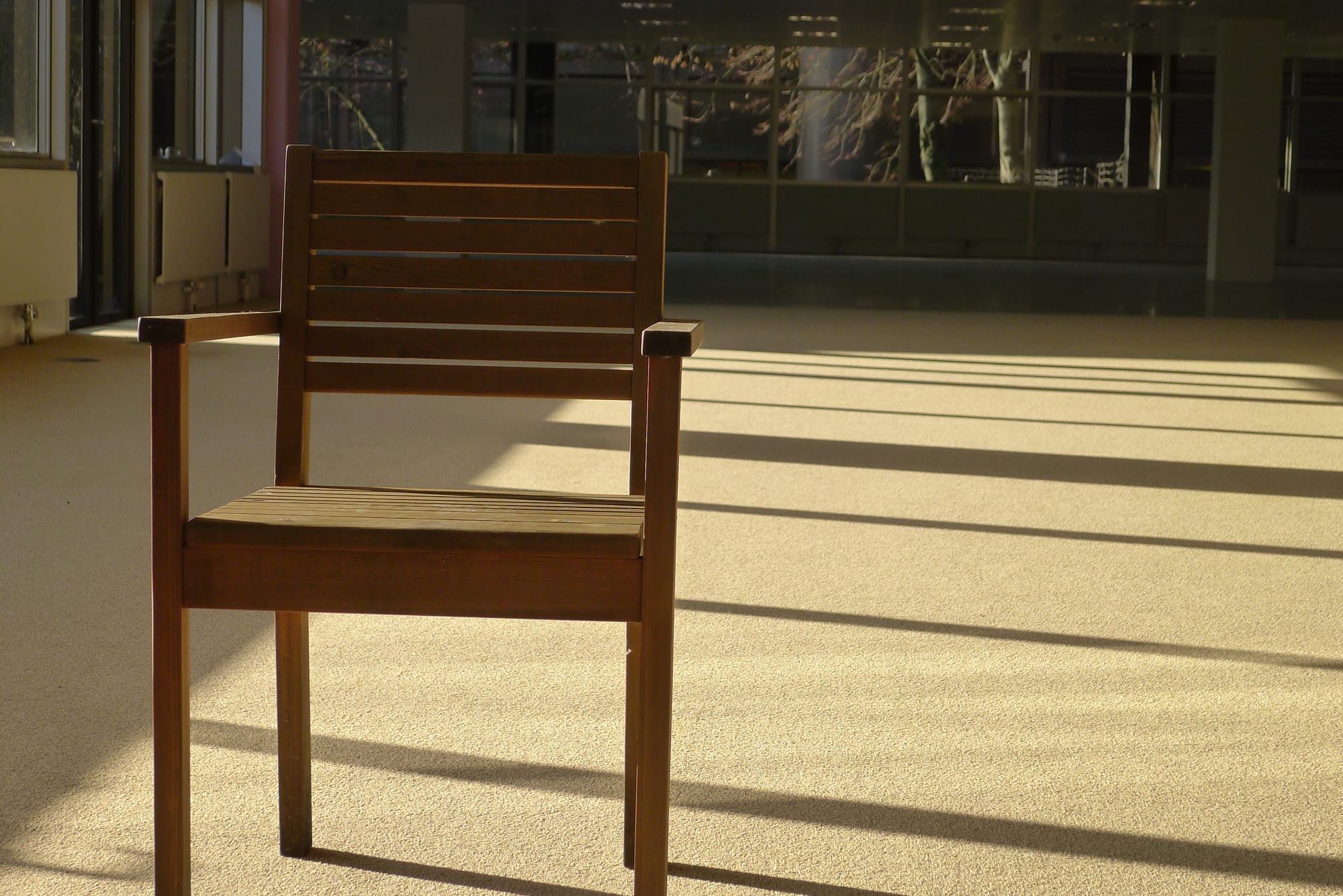
Bibliography
Asta, 2024. 11 Creative Ideas to Repurpose Your Empty Office Space. URL https://tableair.com/blog-11-creative-ideas-to-repurpose-your-empty-office-space/ (accessed 1.22.25).
Centeno, A., 2021. 9 Powerful Ways To Make A Great First Impression. URL https://www.realmenrealstyle.com/tips-increase-confidence/ (accessed 1.22.25).
Dalton, R., 2017. How councils are attracting investment to their places. Local Government Chronicle (LGC). URL https://www.lgcplus.com/politics/devolution-and-economic-growth/how-councils-are-attracting-investment-to-their-places-26-10-2017/ (accessed 1.24.25).
Davies, G., 2023. Prioritise Reusing and Repurposing Existing Buildings. SCF. URL https://southernconstructionframework.gov.uk/prioritise-reusing-and-repurposing-existing-buildings/ (accessed 1.24.25).
Drexler, O., n.d. What To Do With Empty Office Space: 10 Brilliant Ways to Repurpose [WWW Document]. URL https://www.yarooms.com/blog/10-brilliant-ways-to-repurpose-your-empty-office-space (accessed 1.22.25).
High Streets - Have they any future? [WWW Document], n.d. . Politics.co.uk. URL https://www.politics.co.uk/reference/high-streets/ (accessed 1.24.25).
Long-Term Plan for Towns: guidance for local authorities and Town Boards [WWW Document], n.d. . GOV.UK. URL https://www.gov.uk/government/publications/long-term-plan-for-towns-guidance-for-local-authorities-and-town-boards/long-term-plan-for-towns-guidance-for-local-authorities-and-town-boards (accessed 1.24.25).
Lovich, D., n.d. Don’t Fret About Empty Office Space—Repurpose It [WWW Document]. Forbes. URL https://www.forbes.com/sites/deborahlovich/2023/01/25/dont-fret-about-empty-office-space-repurpose-it/ (accessed 1.22.25).
B.F., n.d. How the creative reuse of ordinary buildings is revolutionising regeneration [WWW Document]. Building. URL https://www.building.co.uk/building-the-future-commission/how-the-creative-reuse-of-ordinary-buildings-is-revolutionising-regeneration/5125747.article (accessed 1.24.25).
Re-thinking local: funding services and investing in communities | Local Government Association [WWW Document], n.d. URL https://www.local.gov.uk/about/campaigns/re-thinking-local/re-thinking-local-funding-services-and-investing-communities (accessed 1.24.25).
Room, N., 2024. Can creativity in office space help solve Berlin’s housing crisis? Gulf Press. URL https://gulfpress.net/world/can-creativity-in-office-space-help-solve-berlins-housing-crisis/ (accessed 1.22.25).
staff, P. to C., 2022. Britain’s high street crisis reaches tipping point - Power to Change [WWW Document]. URL https://www.powertochange.org.uk/evidence-and-ideas/news-and-events/britains-high-street-crisis-reaches-tipping-point/ (accessed 1.24.25).
The First Thing We Teach Executive Coaching Clients Shownotes [WWW Document], n.d. URL https://www.manager-tools.com/print/387241?pod=387281 (accessed 1.23.25).
Transforming Empty Spaces: Creative Uses for Vacant Office Spaces [WWW Document], n.d. URL https://www.officefreedom.com/blog/transforming-empty-spaces-creative-uses-for-vacant-office-spaces (accessed 1.22.25).
UK loses 83% of department stores since BHS collapsed, 2021. . BBC News.What Should We Do With All the Empty Offices? [WWW Document], n.d. . BRINK – Conversations and Insights on Global Business. URL https://www.brinknews.com/what-should-we-do-with-all-the-empty-offices/ (accessed 1.22.25).
